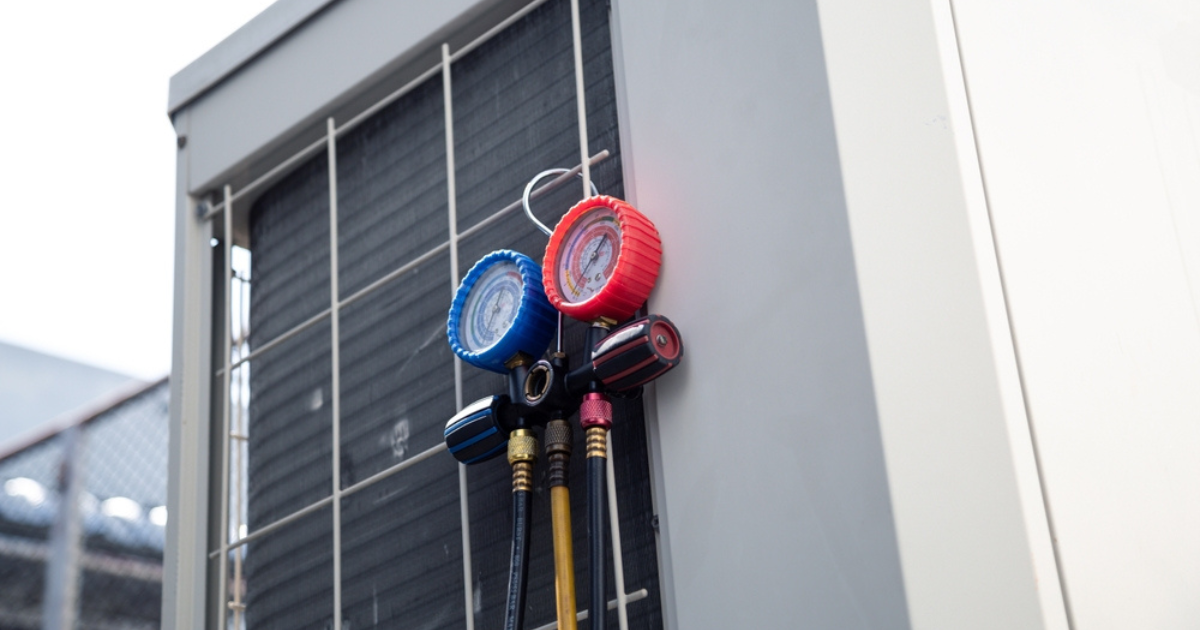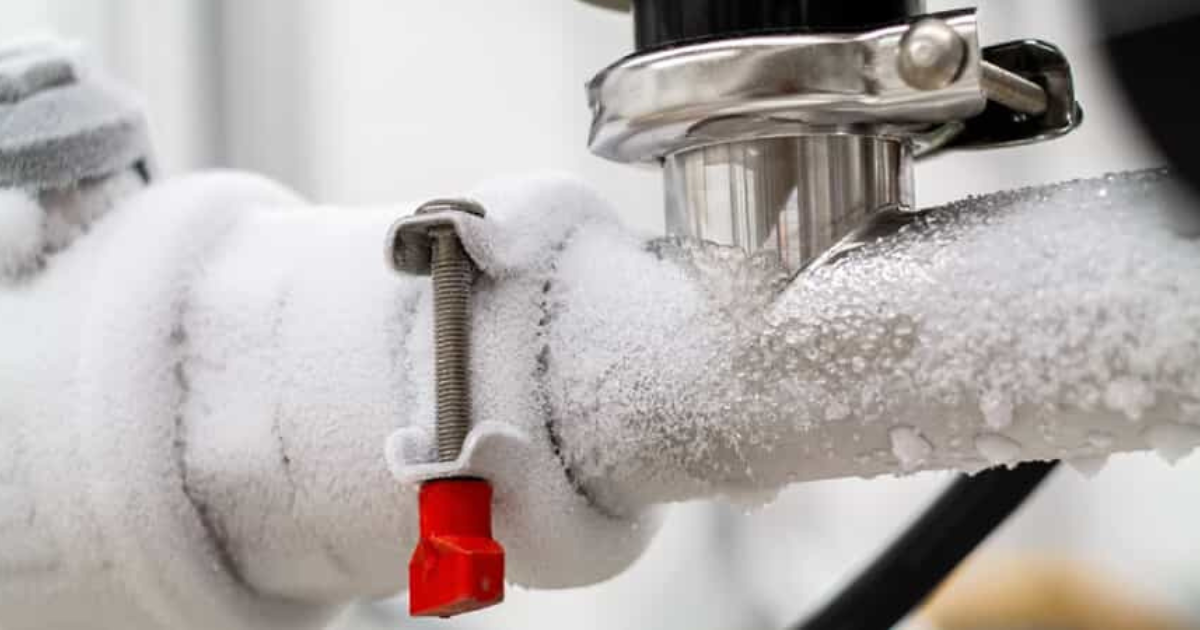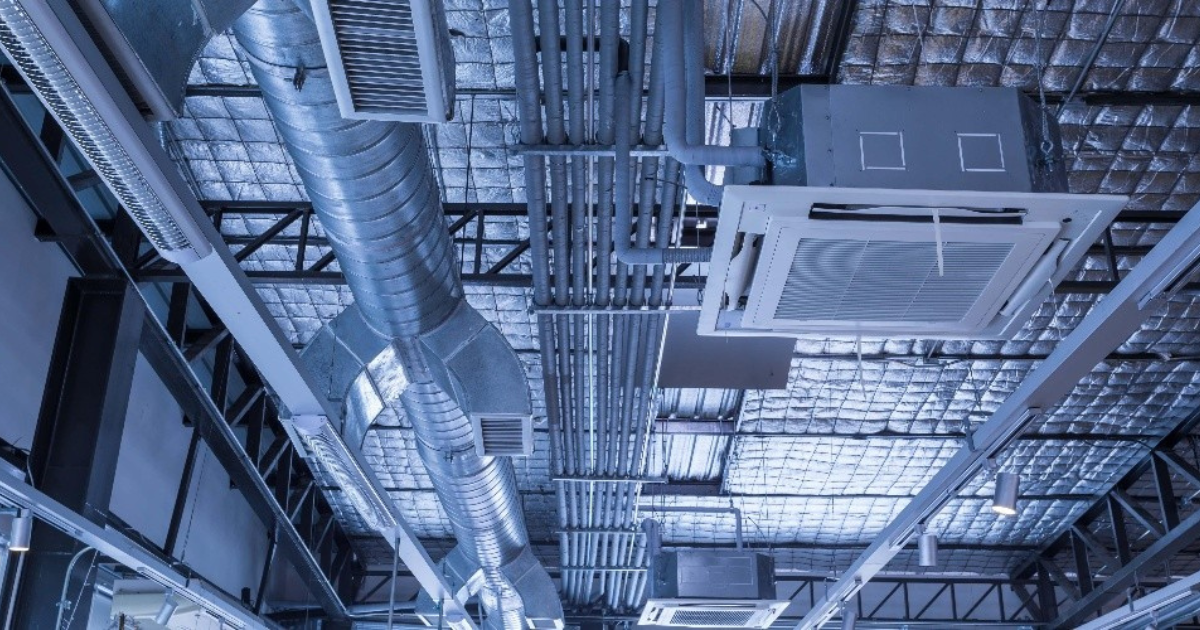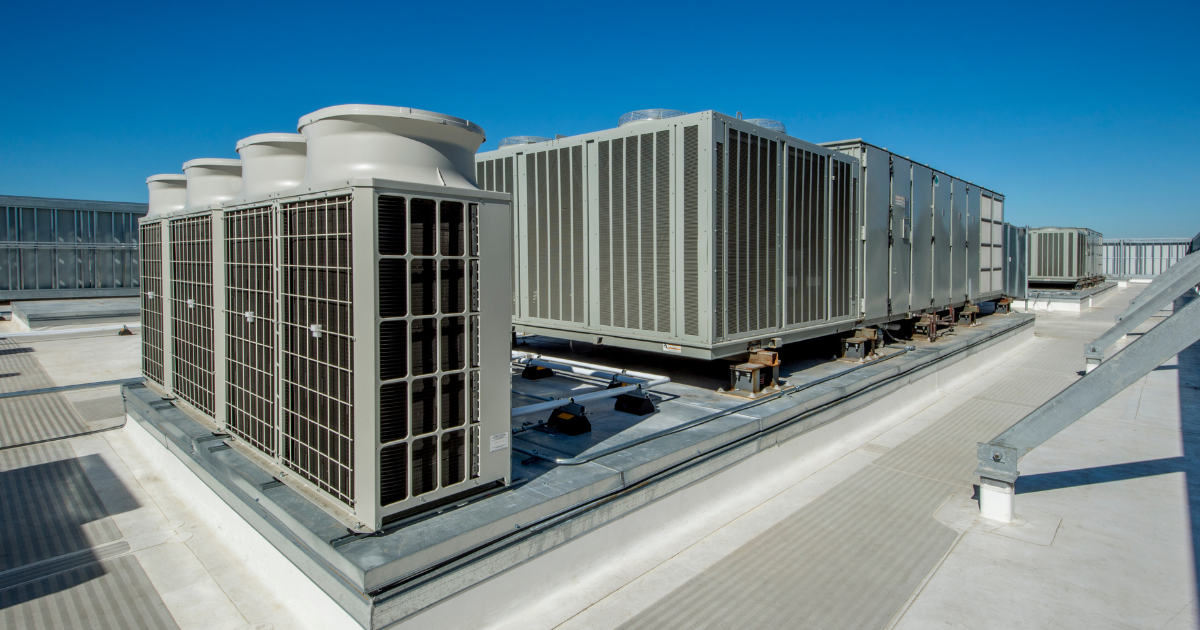The Low-Down on Coil Cleaning
Cleaning the air conditioner coils is part of regular spring and summer HVAC maintenance and is something homeowners can do themselves. Dirty coils can adversely affect your air conditioner’s performance, and when the heat index creeps up past 100 as it has the past few days you need to get every bit of cooling you can from your air conditioning equipment! Any debris on the coils increases the static pressure across the coils and reduces your system’s efficiency. Clean coils can boost your cooling capacity by up to 30%!
Symptoms of Dirty Coils
The coils are the part of your system where the actual transfer of heat occurs. Anything that insulates them will not only impact efficiency, but also will increase operating cost, and increase the likelihood of equipment failure. If you find your compressor keeps getting louder with each passing month, or that the compressor is overheating and turning itself off (leaving just the fan still running), cleaning the coils is a great place to start to remedy the situation.
Start With the Basics
- Check around your outdoor HVAC equipment and eliminate all obstructions within 3 feet all around the unit. That means trimming bushes, weeding, and removing all debris. Don’t allow the lawn mower to discharge grass clippings onto the unit, or allow mulch or leaves to bury the bottom few inches, because it will restrict airflow, which will decrease efficiency and damage the unit.
- Check to see whether any of the fins have been damaged by mowing equipment, hail, or other calamity. Fins are the fine metallic blades that surround the condensing unit. If they have been bent, crushed or have rocks lodged in them, this will need to be remedied.
- Check to make sure the foundation upon which the outdoor unit sits is level. This is typically a concrete pad, but could also be plastic or rubber. Often, due to settling, erosion or drainage issues, these can crack, sink or become unlevel. This puts strain on coolant lines, and could bend or break copper or electrical lines, or cause water to puddle in the unit. Make sure the pad raises the unit out of the dirt and that there is adequate drainage around it, so that water does not pool near it during a hard rain.
- Don’t forget that you must turn the unit off before cleaning it. This doesn’t mean simply that the unit is not running (e.g., set to a higher temperature), but rather the unit should be turned off at the switch usually a separate 240V power box near the unit – or at the circuit breaker box.
With these things addressed, you’re ready to start cleaning the coils.
Coil Cleaners
Many manufacturers make coil cleaning products to aid in dislodging the contaminants on the coils. Some coil cleaners come in foaming aerosol cans, others are liquids or powders that must be mixed with water and used in a pump sprayer, still others are solvent sprays. Generally, these coil cleaning products are highly acidic or alkaline, and are harmful when inhaled or when they touch skin, causing irritation and in some cases burns. If you plan to use any of these coil cleaning products, be sure you are not downwind of the spray and that you are wearing gloves and eye protection. And here’s a tip: if you’re using them in a pump sprayer, this stuff can eat out the seals, so you’ll need to use a special heavy-duty chemical-rated sprayer.
> > > Note: All types of coil cleaners are strong chemicals and must be handled with care. The manufacturer’s directions should be read carefully and followed precisely to provide the best results.< < <
What About Detergents?
Many coil cleaners are referred to as “detergents,” but do not confuse this with dishwashing detergents or laundry detergents! Never use those types of detergents on your HVAC equipment, as most have chemicals in them that are corrosive to metals. The aluminum, copper and metal alloys used in the manufacturing of fins and tubing, as well as the unit’s plastic blower wheel and diaphragm (in the case of mini-split systems), are more sensitive and must be cleaned with a safe, non-acid cleaner.
Technique Matters!
Whether you’re using a coil cleaner or not, you’ll need a water source. Never use a pressure washer! Doing so could damage the coil fins and disperse chemicals into unwanted areas. Instead, use a standard garden hose. Begin by spraying the water from the inside of the unit outward, rather than from the outside inward, to prevent pushing debris further into the unit. Once you are certain all the debris has been dislodged, you can do final rinsing in all directions. In cases where there might be a thick film of dust, pollen, and grass clippings around the unit, a shop-vac can be used to remove such debris before washing the coils.
Our Recommendation
We recommend coil cleaner chemicals only if you have several layers of oily grime and only if they are used by a professional. Here’s why: These cleaners, especially the foaming kind, can spread into hard-to-reach areas. If they are not completely rinsed out, they can corrode the metal and damage the unit. Coil cleaners are tough chemicals that can not only burn holes in your clothes (which is why you must wear protective equipment), but can damage paint. Consistent use of these cleaners over time can dissolve the outer metal and diminish the life of the coil, so we do not recommend them for routine maintenance. We recommend using just a garden hose and water.
Results
After cleaning the external unit, and turning the A/C back on, you may notice that it is many times quieter than it was before. That’s because the motor can work less and cool more efficiently. Few routine chores will pay off more handsomely, both in comfort and in dollars saved, than a simple coil cleaning. You’ll also prolong the life of your air conditioner and have quieter operation. So what are waiting for?





